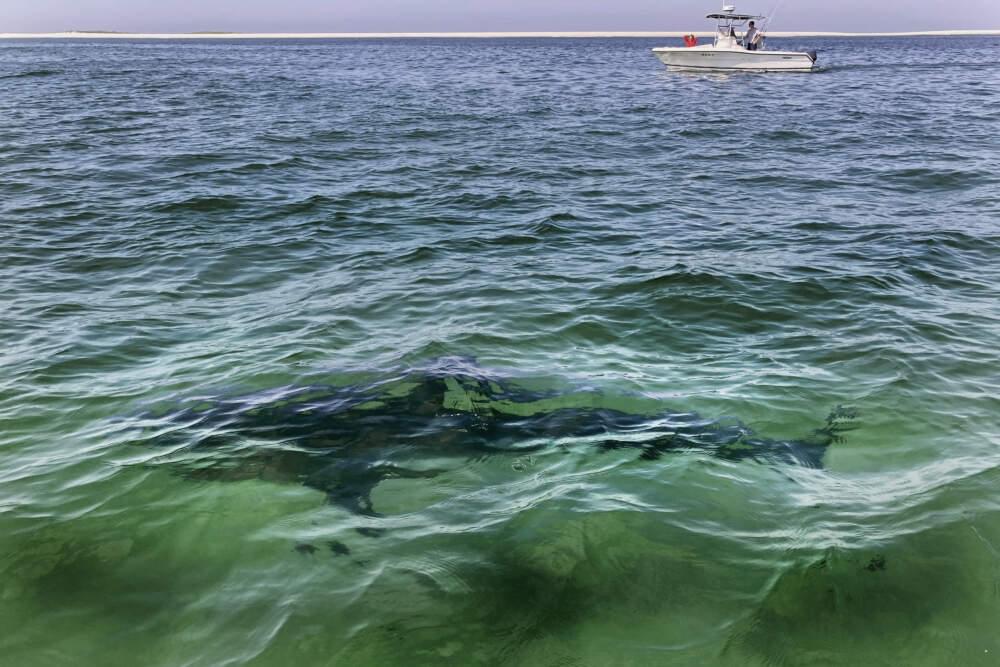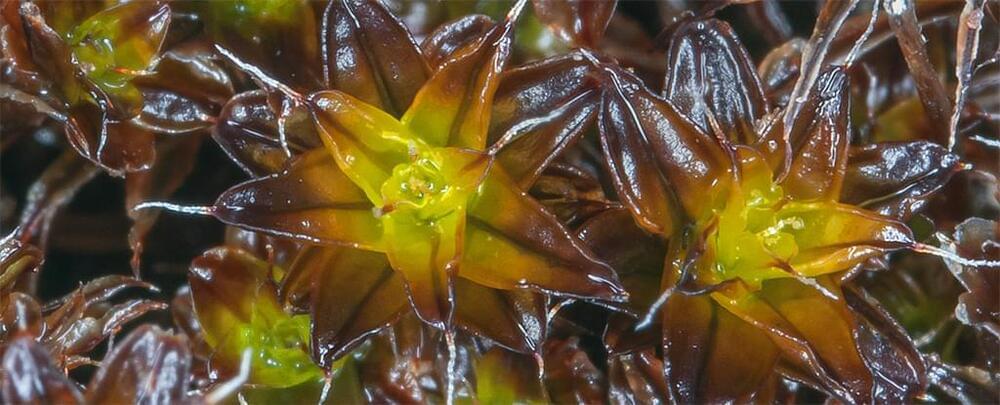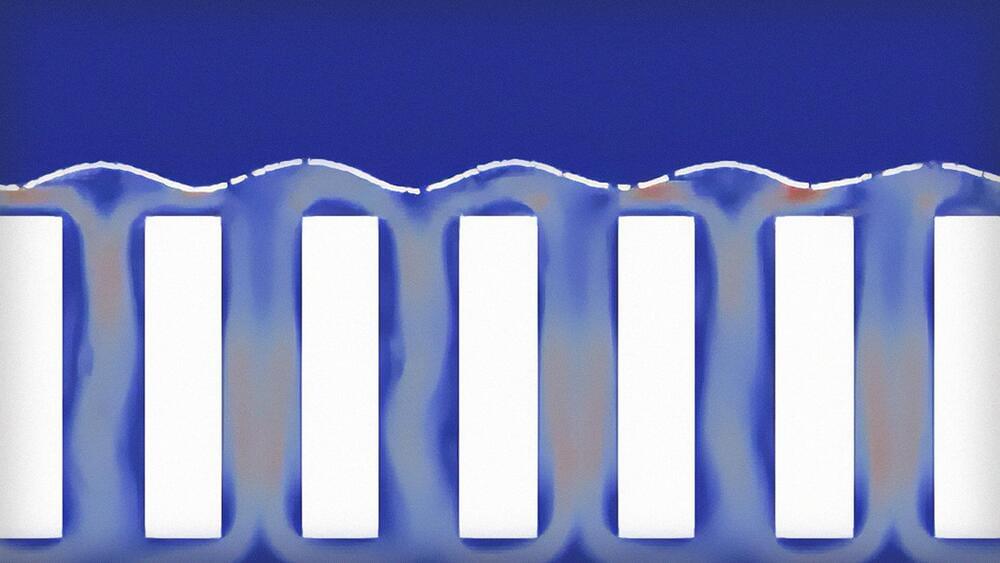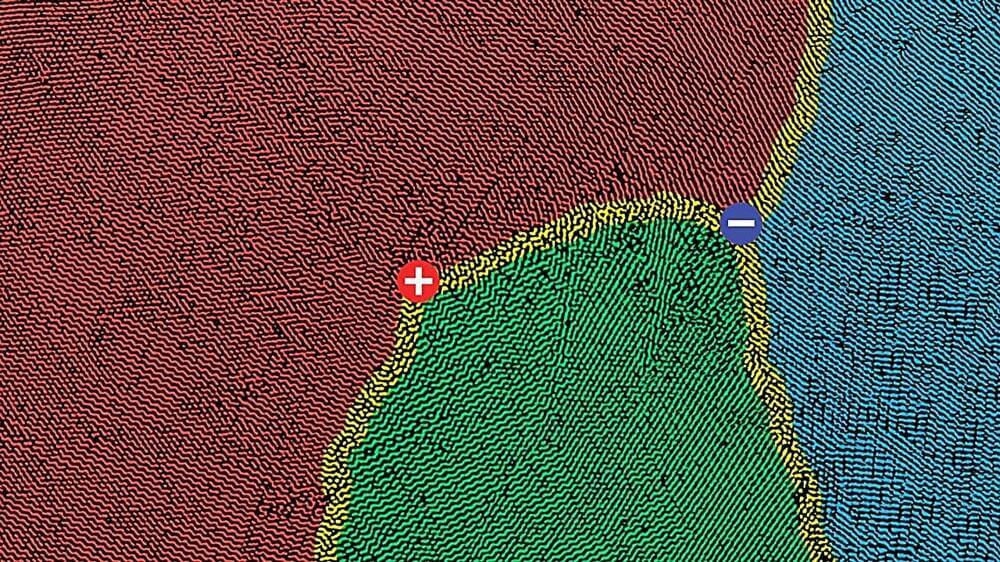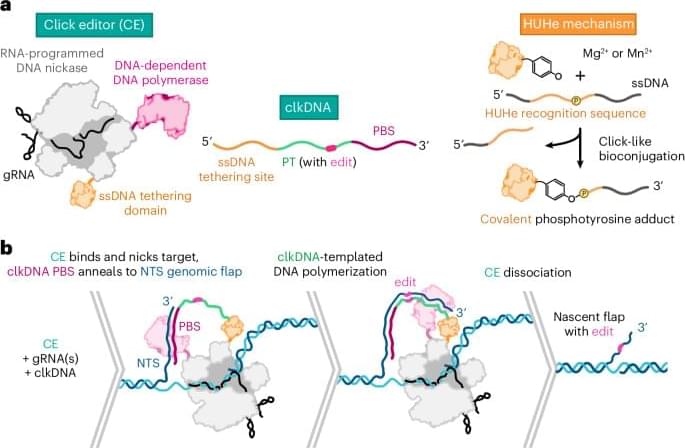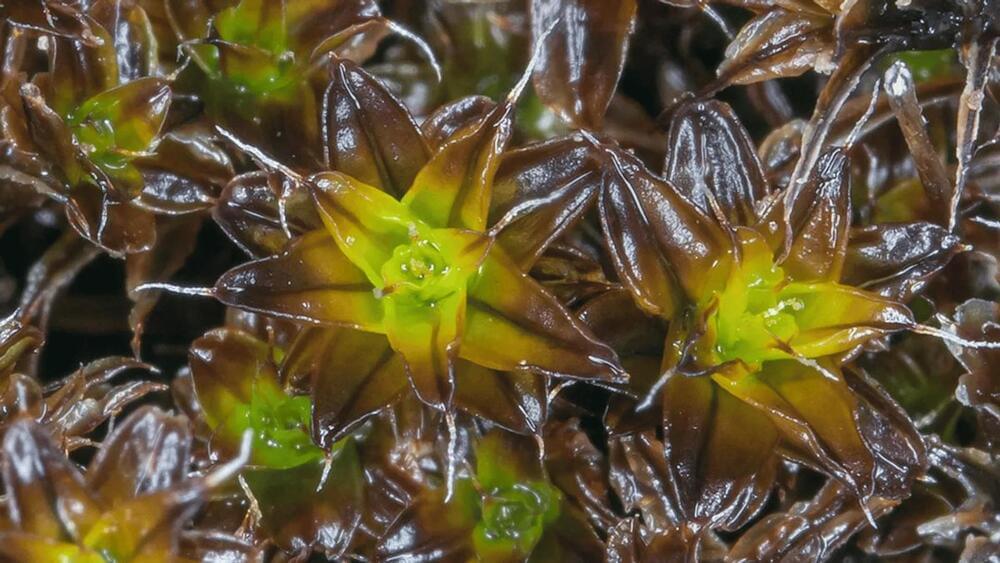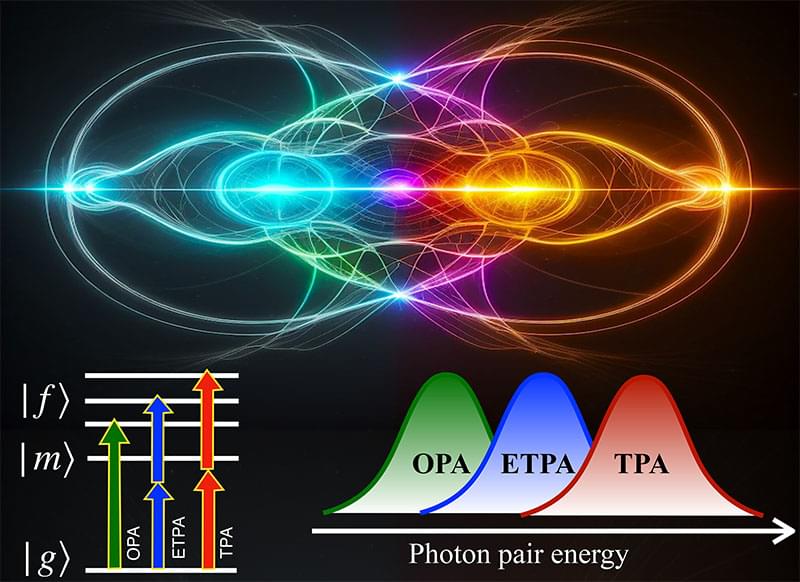Scientists from the Woods Hole Oceanographic Institution are seeking a federal permit to experiment in the waters off Cape Cod and see if tweaking the ocean’s chemistry could help slow climate change.
If the project moves forward, it will likely be the first ocean field test of this technology in the U.S. But the plan faces resistance from both environmentalists and the commercial fishing industry.
The scientists want to disperse 6,600 gallons of sodium hydroxide — a strong base — into the ocean about 10 miles south of Martha’s Vineyard. The process, called ocean alkalinity enhancement or OAE, should temporarily increase that patch of water’s ability to absorb carbon dioxide from the air. This first phase of the project, targeted for early fall, will test chemical changes to the seawater, diffusion of the chemical and effects on the ecosystem.
